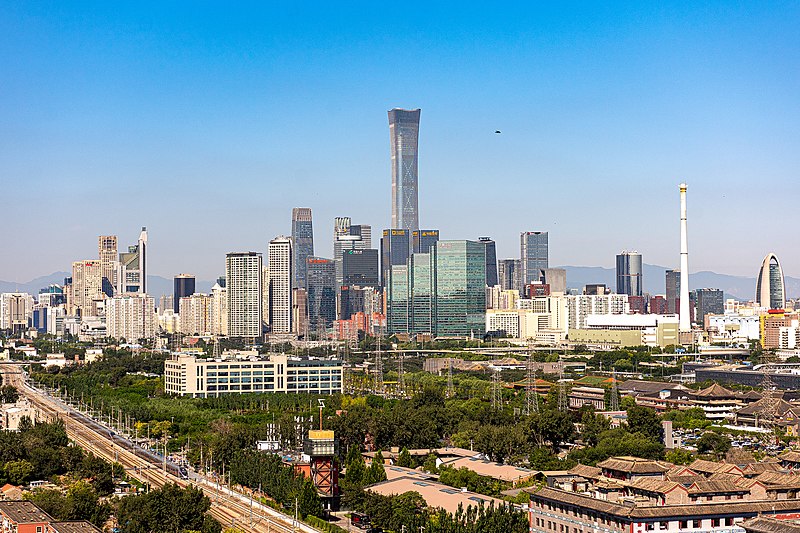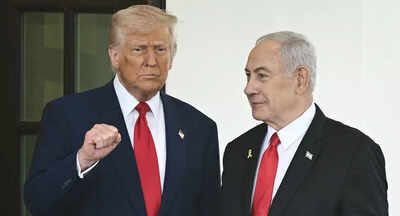The United States and China are on the brink of a heightened trade war following President Donald Trump’s announcement of an additional 50% tariff on Chinese imports. In response, China’s Ministry of Commerce has expressed strong opposition, pledging to implement “resolute countermeasures” to protect its national interests. The Ministry criticized the U.S. approach, labeling it as misguided and indicative of “blackmail,” emphasizing China’s readiness to “fight to the end” if provoked. citeturn0news29turn0news33
This development follows a series of escalating tariffs between the two nations. China had previously imposed a 34% tariff on American goods, matching the tariffs enacted by the U.S. on Chinese imports. The U.S. administration’s latest move threatens to increase total tariffs on Chinese goods to 104%, raising concerns about potential price hikes for American consumers and global trade distortions.
The financial markets have reacted negatively to the escalating trade tensions. The Dow Jones Industrial Average experienced a 0.9% decline, reflecting investor apprehension about the potential economic fallout. Despite this, President Trump remains steadfast, viewing short-term financial losses as necessary for long-term manufacturing gains. However, criticism has emerged from various quarters, including international allies and financial leaders, who warn of the broader economic implications.




 Ram Temple in Ayodhya to Host Ram Darbar Consecration
Ram Temple in Ayodhya to Host Ram Darbar Consecration 